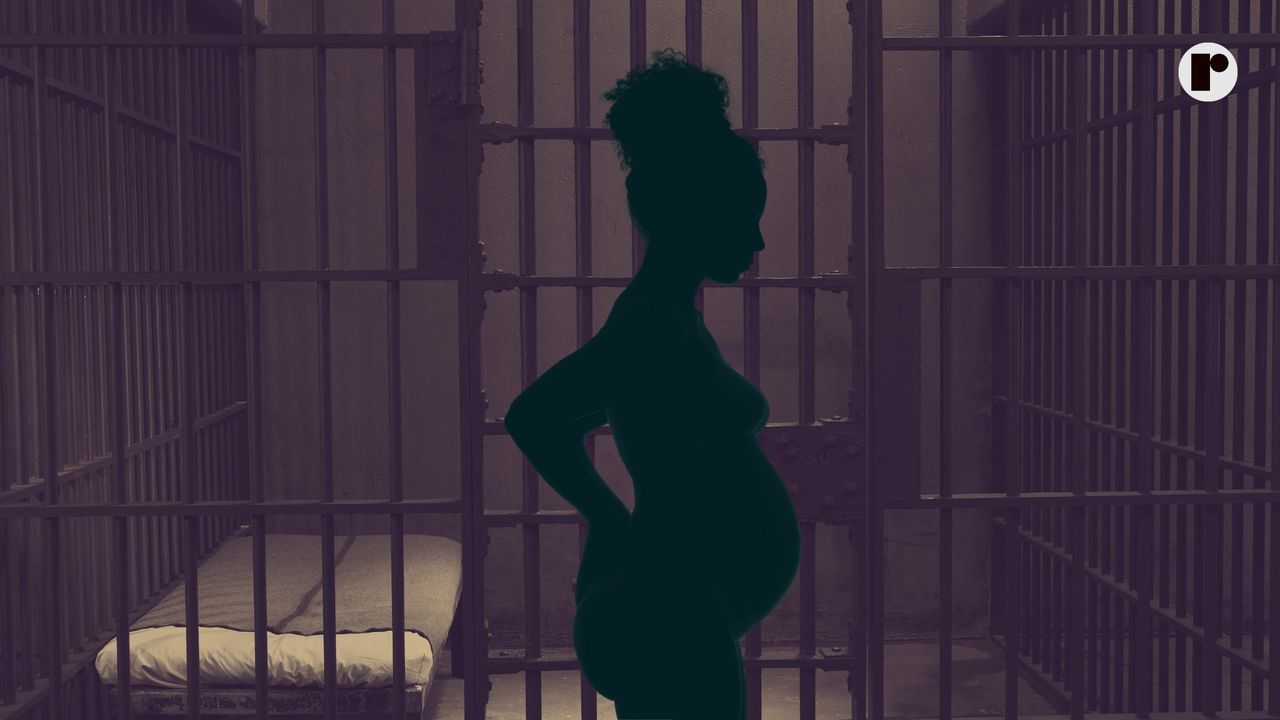Pregnant, poor and punished: Southern states take the lead in arresting expectant mothers
Over 16 years, 1,379 pregnant individuals were arrested in the United States, factoring in the few people involved in multiple cases. Most of them were poor Black or white women living in the South.
Records were tracked from January 2006 to June 23, 2022 – the day before the Dobbs ruling – in the The Rise of Pregnancy Criminalization report released today by Pregnancy Justice. For context, the organization’s 2013 study, which tracked arrests over a 33-year period, only found 413 cases.
“We were just noticing an uptick in the calls that we were getting, so we felt like we needed to get a better handle on the scope and trend of pregnancy criminalization,” said Pregnancy Justice’s new president Lourdes Rivera, whose study found that 18% of arrests were Black women, who make up 13% of the population, and 79% white women, who make up 59% of the population.
Though the sheer number of arrests has more than tripled, the location of these arrests is very concentrated in the south. Four in five of these arrests occurred in five states: South Carolina, Tennessee, Oklahoma, Mississippi and Alabama. This pocket of the U.S. notably also has some of the strictest abortion bans.
Rivera attributes shifting legal definitions of what is considered a child as a contributing factor of these numbers.
“One [contributing factor] is the expansion of the extreme ideology of fetal personhood, which decides that fetuses have the same, if not more, rights than the person carrying the pregnancy,” explained Rivera.
The 1973 Supreme Court ruled that a fetus was not a person until it could survive outside of the womb, or viability. With Dobbs leaving abortion laws up to states to decide, this is changing.
Three of these states’ laws – Alabama, South Carolina, and Oklahoma – have legally expanded definitions of “child” that includes a fetus.
“This ideology has been used to escalate attacks and ultimately gut abortion rights over the years and it’s been embedded in state laws and judicial decisions,” Rivera said.
Executive director of West Alabama Women’s Center Robin Marty says fetal personhood laws grant a fetus legal superiority over a person who is already born.
“All of these things are essentially saying that being pregnant provides you with less rights than a fetus actually has at the point in which it is in utero,” said Marty.
In South Carolina, for example, abortion is criminalized once a fetal heartbeat is determined, though it is important to note that this is not a medically accurate term and the state’s Supreme Court has not ruled at what point of gestation this begins.
Substance users are especially at-risk of pregnancy criminalization. Pregnancy Justice found that 9 in 10 of the cases involved allegations of substance use, most often methamphetamine, cannabis and cocaine.
Almost 21% involved prescription opiates, correlating to the rise of usage that was declared a public health crisis in 2017 by the Trump administration. President Biden announced over $450 million in funding towards ending substance use and drug trafficking late last month.
“There’s been a lot more discussion and understanding of how this is a health and public health issue that needs to be met with healthcare and resources and support. But yet it’s pregnant people that are being treated differently,” said Rivera.
Alabama alone accounted for nearly 47% of arrests included in the report. Analysis from AL.com revealed that the state’s Etowah County charged 257 pregnant women and new moms with chemical endangerment from 2015 to 2023 – in line with the 2006 chemical endangerment law.
Alabama has a history of testing new birthing parents and babies without their consent.
“It is catching everything from somebody who just smoked a joint earlier, to somebody who was using prescription drugs that may have even been recommended for them, to people who are using illicit substances,” said Robin Marty, executive director of West Alabama Women’s Center.
Reckon obtained a 2022 email thread from the Alabama Department of Mental Health (ADMH) looking for the number of treatment beds available for pregnant people seeking drug treatment in the state.
“Across the state there are 46 beds available specifically for pregnant and women with children. We do not know the number of pregnant women seeking treatment. Pregnant women are given priority placement so we generally do not have a waiting list for them,” reads the email. According to Public Information Officer Malissa Valdes, these are operated by substance use providers certified by ADMH.
While the stigma surrounding drug use makes this a sensitive topic, some doctors say that addiction does not necessarily point to an unfit mother and exposure does not necessarily harm a fetus.
“Indeed, scientific evidence compellingly refutes beliefs that such substances cause either fetal harm or pregnancy loss, and shows that associated risks are no greater or less than those for commonly used legal substances or poverty,” reads the report.
The consequences associated with substance use keeps pregnant people from seeking healthcare, which causes more risk to the fetus and worsens maternal health outcomes in areas that are already struggling.
Two-thirds of the cases resulted in live births with no health problems.
“This tells us that this is really not about protecting the health of the baby, this is really about punishing pregnant people,” said Rivera.
According to the report, one-third of cases involved a medical professional directly or indirectly reporting to law enforcement, contributing to the hospital-to-prison pipeline.
“We really have to decouple policing from healthcare settings,” said Rivera.
